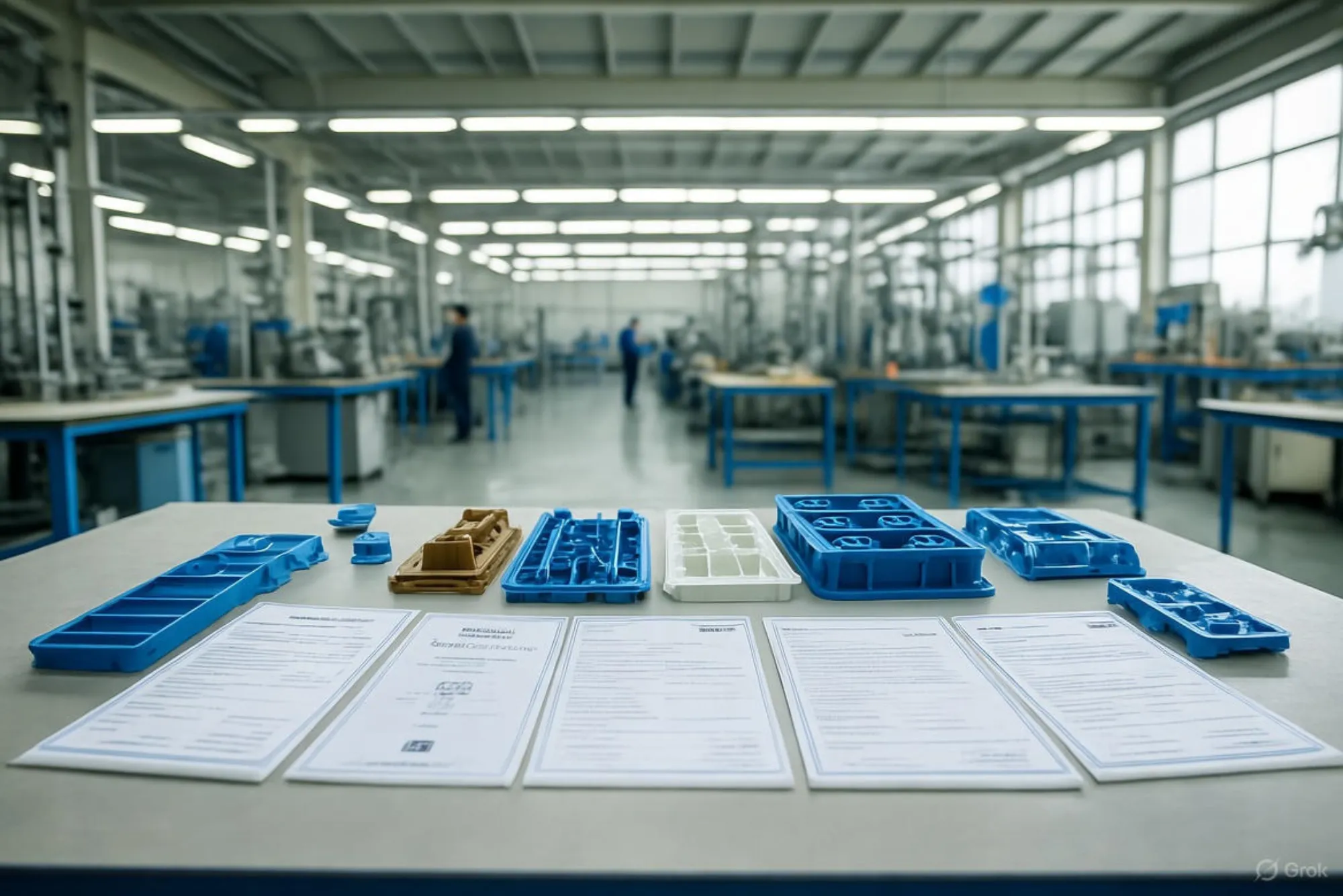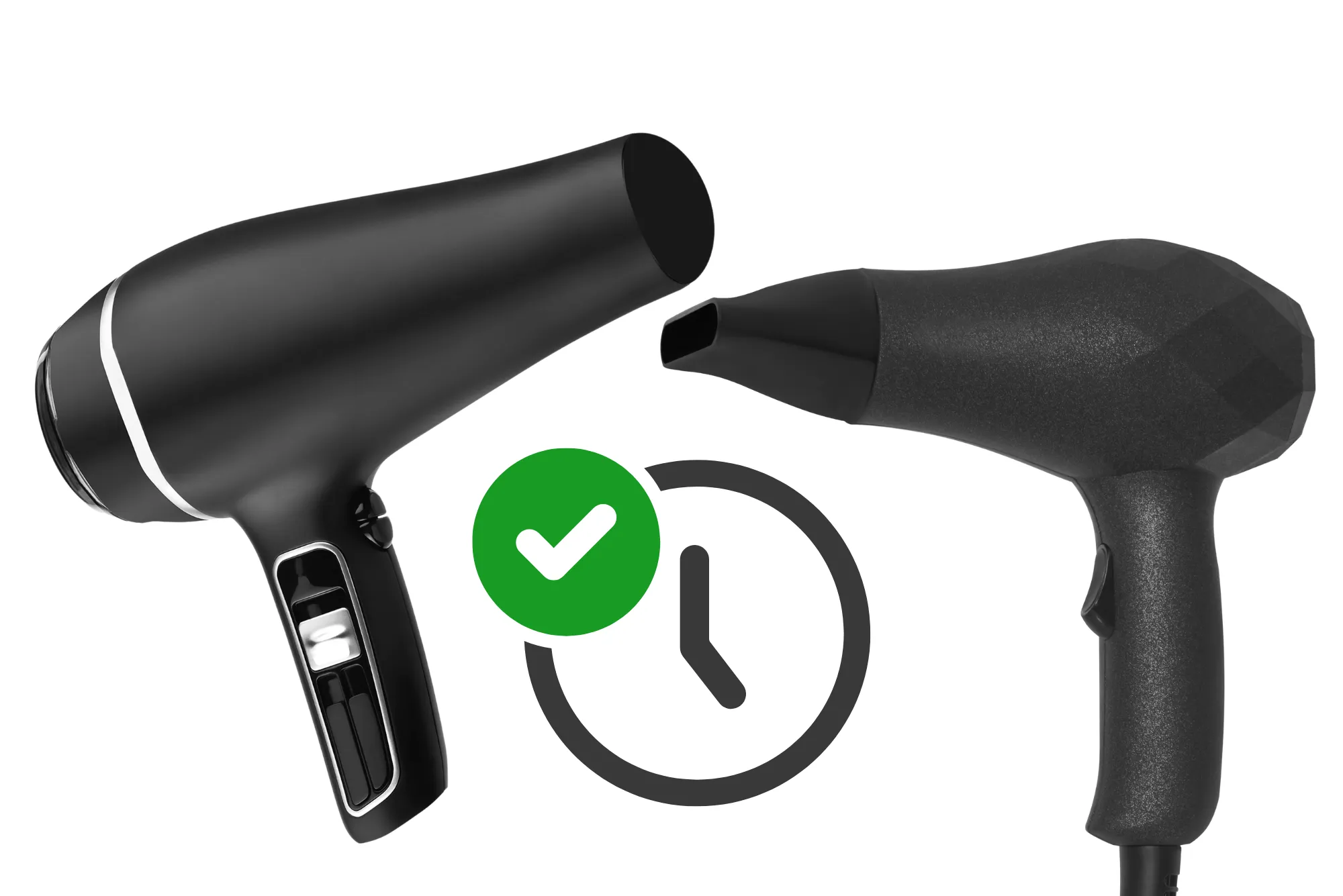When choosing a plastic molded parts manufacturer, certifications are more than just framed documents on a factory wall. They are proof of a company’s commitment to quality, safety, and reliability. Whether you are sourcing components for automotive applications, medical devices, or consumer electronics, certifications give you the confidence that the production process meets recognized industry standards.
Over the years, I’ve worked with different suppliers across industries, and one lesson has stood out: certifications matter just as much as capabilities. A manufacturer may have the latest machinery, but without the right quality and compliance systems in place, the risk of delays, recalls, or product failures increases dramatically. In this article, I’ll walk you through the essential certifications every reputable plastic molded parts manufacturer should have, why they matter, and how they impact your business decisions.
Why certifications matter in plastic molding
A plastic parts company is often tasked with producing highly precise, durable, and safe components. These parts may end up in cars, aircraft, medical equipment, or consumer goods—areas where failure is simply not an option. Certifications help bridge the trust gap between buyers and suppliers by ensuring that processes, materials, and finished products follow internationally recognized standards.
Beyond compliance, certifications also open doors to global markets. Many industries require suppliers to carry specific certifications before contracts can even be signed. Without them, even the most skilled plastic molded parts manufacturer can be left out of valuable opportunities.
ISO 9001: The foundation of quality management
If there is one certification every plastic parts company should have, it’s ISO 9001. This international standard focuses on quality management systems (QMS). It ensures that a manufacturer has consistent processes in place for planning, production, inspection, and customer service.
From my experience, a supplier with ISO 9001 tends to have fewer production errors, better documentation, and stronger customer support. For example, if you need a batch of molded parts urgently, an ISO-certified company will have structured processes to avoid bottlenecks and deliver reliably. It’s not just about making parts—it’s about building a repeatable system of trust.
IATF 16949: Essential for automotive suppliers
For companies producing molded parts for the automotive industry, IATF 16949 is non-negotiable. This certification builds on ISO 9001 but adds requirements tailored to the automotive supply chain. It covers areas such as defect prevention, risk management, and traceability of every single component.
A plastic molded parts manufacturer with IATF 16949 certification demonstrates that they understand the high stakes of automotive production, where even a minor flaw can lead to recalls worth millions. If you’re sourcing parts for vehicles, this certification should be the first thing you check.
ISO 13485: Meeting the demands of medical manufacturing
Medical devices require the highest levels of safety and reliability. ISO 13485 is the standard that ensures manufacturers comply with strict regulatory requirements for medical components.
If a plastic parts company is ISO 13485 certified, it means they have robust systems for risk management, contamination control, and regulatory documentation. I’ve seen companies lose lucrative medical contracts simply because they lacked this certification. For businesses in healthcare, partnering with certified suppliers isn’t just a best practice—it’s a legal necessity.
ISO 14001: Commitment to environmental responsibility
Sustainability has become a driving force across industries. ISO 14001 certification proves that a plastic molded parts manufacturer is committed to minimizing their environmental impact. This includes energy management, waste reduction, and compliance with environmental regulations.
Beyond regulatory compliance, many brands now prefer suppliers who align with their environmental values. Working with a plastic parts company certified in ISO 14001 not only helps reduce carbon footprints but also strengthens your reputation as a responsible business.
AS9100: The aerospace industry benchmark
For companies supplying parts to aerospace and defense, AS9100 certification is a must. This standard combines ISO 9001 requirements with additional aerospace-specific quality controls.
Because safety margins in aerospace are razor-thin, manufacturers must meet stringent documentation and inspection requirements. If your molded parts are destined for aircraft, drones, or defense equipment, this certification is non-negotiable. A plastic molded parts manufacturer without AS9100 certification will likely not even qualify for aerospace tenders.
UL Certification: Ensuring material and product safety
Underwriters Laboratories (UL) certification is another critical factor, especially for plastic components that must meet fire resistance, electrical safety, or material performance standards. A UL mark on products assures customers that the materials used have been independently tested and meet safety requirements.
When evaluating a plastic parts company, always ask if their products or materials carry UL certification. This is particularly important in industries like electronics, appliances, and building materials, where compliance failures could lead to costly recalls or liability issues.
FDA and GMP compliance for regulated industries
For companies in food packaging, pharmaceuticals, or healthcare, FDA approval and Good Manufacturing Practice (GMP) compliance are vital. These certifications confirm that manufacturing processes meet strict hygiene and safety requirements.
A plastic molded parts manufacturer producing components that come into direct contact with food or drugs must follow these standards to legally supply in regulated markets. Ignoring these certifications could lead to severe penalties, recalls, or even legal action.
The role of third-party audits and ongoing compliance
It’s one thing for a plastic parts company to obtain a certification, but maintaining it is another. Most certifications require periodic audits by third-party organizations to ensure ongoing compliance. These audits cover everything from process documentation to employee training and equipment calibration.
In my experience, the best suppliers treat these audits not as obstacles but as opportunities to continuously improve. A manufacturer who welcomes audits usually delivers more consistent results over time.
How certifications influence supplier selection
When choosing a plastic molded parts manufacturer, certifications should be part of your supplier evaluation process, but not the only factor. They must be balanced with production capacity, technical expertise, and past performance. However, certifications serve as a baseline of credibility.
For example, if you’re comparing two potential suppliers with similar pricing and capabilities, the one holding ISO 9001, IATF 16949, or ISO 13485 certifications will almost always be the safer long-term choice. Certifications minimize risk, speed up compliance approvals, and give you confidence that the supplier is invested in doing things right.
Conclusion
Certifications are not just badges of honor—they are a direct reflection of how a plastic parts company manages quality, compliance, and customer trust. Whether it’s ISO 9001 for general quality management, ISO 13485 for medical devices, or IATF 16949 for automotive components, each certification builds a stronger foundation for reliable partnerships.
As industries become more regulated and competitive, working with a plastic molded parts manufacturer that holds the right certifications isn’t optional—it’s a strategic advantage. By making certifications a key part of your supplier selection criteria, you reduce risk, improve quality, and ensure your business is ready to compete in global markets.







